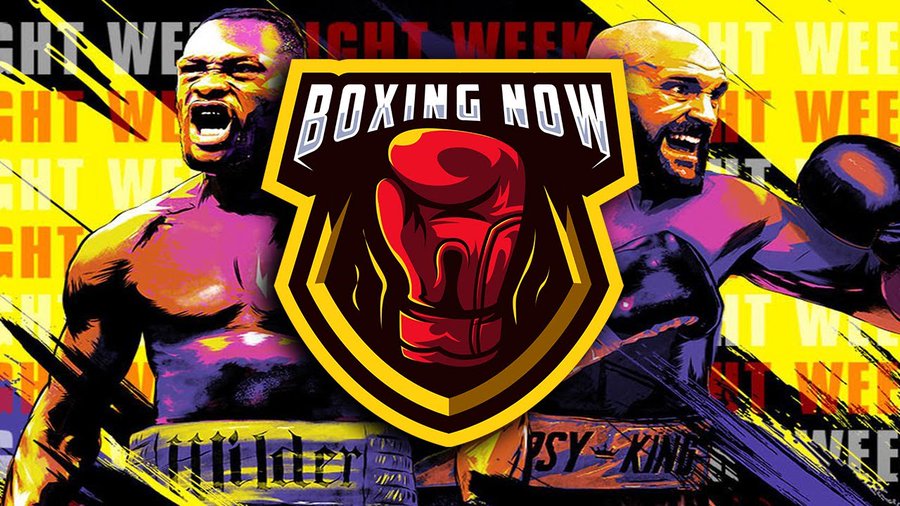Should I try entrepreneurship or stay in the formal employment sector? That is a question that millions encounter daily. The answer may seem simple, yet it is the most difficult choice you will ever make.
Small business startups require a great deal of research consideration before you dive in. The fantasy of being your boss and the dream of financial freedom should never be the sole motivation.
This post will help you understand what entails the world of self-employment and business ventures.
I recommend that you read it to the end.
What is a Small Business Startup?

A good number of people tend to mix things between self-employment and small business ownership. Whereas they all fall in the same category, their formations have apparent differences
For starters, self-employment is a project that puts you as the sole proprietor. In extension, you may enter into a partnership with a few individuals, or retain your identity as an independent contractor.
On the other hand, a small business enterprise includes a few workers within your organization. You become an employer with salary and tax obligations over your employees. It is possible to start as self-employed and transition into a small business depending on your preference.
As trading regulations differ from one location to another, visit your local licensing authorities for details of what they consider in registering the two.
Importance of small businesses

Creating financial independence
The long-standing reason for small businesses is gaining financial independence. With the world turning to creative skills than academic excellence, more people are experimenting on entrepreneurship. The economic profits and wish to have a lifelong venture are significant contributors to this reason.
Employment creation
Big corporations have strict employment regulations when hiring their employees. Small business startups trends reveal positive statistics. Over 90 percent of local stores fall within this segment. That provides for excellent retention of people who miss out on the large companies.
Boost economies
Since they offer custom made solutions for the locality, small businesses thrive from inter-dependency. Several chain stores offering various services create a strong economic base for local taxation.
Picture this; a simple service store gives employment to several people. In return, the neighborhood gains from the rental houses of the workers. Banks and other essential amenities also grow from it.
Features of small businesses

Not all small business startup ideas transform into national or even global companies. Most of them do well in their localities due to several factors. The main characteristics of a small enterprise are as follows:
- Few Employees
The number of workers may vary from a sole owner to a few people depending on their services. This helps check and improve the quality and standards while minimizing operational costs.
- Limited network
Most small startups serve the local needs of a specific geographical or social section of a community. The customizing of the service to address a particular problem makes it hard to expand beyond the area. Again, there is a more significant risk of being in a higher classification tax bracket when growing.
- Higher profitability
Small scale startups have fewer operational costs in comparison to their big partners. Owners operate from their premises and do not incur overhead expenses. This pushes the returns higher despite the low revenues they generate in a season.
- Slow expansion
This affects the sole proprietorship for the reason that the owner runs all the business departments alone. The lack of a clear departmental structure and expert advice keeps the growth slower.
Types of common small business startups structures

Businesses may take various forms of organization, depending on their locality and services. Small ventures fall under four categories that affect their operations, growth, taxation, and profit returns.
Read also: 7 Mistakes to Avoid When Starting Your Business
Sole proprietorship
It is the first and most common of the four. The owner operates and owns the entire business venture as personal property. In most cases, this type of formation does not need legal licensing, and it collapses when the owner dies.
Partnership
Here, two or more owners come together to start and operate a business. They may have equal shares in investment or otherwise.
General partners are common and do not require a legal agreement to operate. In simple terms, they work under mutual trust and approval.
Limited partners need to sign a binding legal agreement and register it with the local government authorities. Both bear the responsibilities in profits and losses of the business.
Corporation
It is mostly to the small ventures which are transitioning to medium size companies.
The owner and the company are separate legal persons, so the company’s obligations cannot be shared by the owner. All the profits and losses belong to the company. In case of a takeover, the new owner inherits all the costs of the company.
Limited liability company
The owners share the burden of the company to a small extent. Usually, the rules and processes of the formation are more complex than the previous three. I recommend you engage a legal expert on it.
Small business strategic rules
Whether you are introducing a new product or expanding into a new merger, some rules are standard to consider.
Passion
Money and profit margins can be a good motivator for business startups. On the contrary, passion for what you do should be the driving force behind your efforts. It will help you survive the business storms.
Easy to expand
The planning process of your idea should be simple to implement. Start with one stream of income and make options for future expansion into other channels of profitability.
Profitability
The business incubation period is the time the project needs to grow and start realizing some profits. Make your plan easy to reach this target within a considerable time margin.
Market research
A proper understanding of your market is good for future expansion. Customers are dynamic, and you need to be ahead of them. Create an appropriate channel of communication for clientele feedback to improve your business.
Offer solutions
The market is full of existing services. If you have to make it above the rest, provide solutions that other entities do not address. That puts you at an advantage of stability.
Small business startups with low budgets

You may be wondering what the financial capital range can be for a small business. Depending on what you dream about, there are numerous ideas that you can implement with low budgets.
Here are some of the profitable small businesses:
- Pet sitting services
- Baby and house sitting
- Direct Sales
- Food Delivery
- Running Professional Errands
- Social Media Marketing
- Event Planning
- Online Tutoring
Why new small business startups fail

These are indicators that show you how to detect small business failures.
Wrong motive
Lack of experience and a sense of magical success is the primary reason why most small businesses fail. Invest in something you are happy to do with a considerable market research background. Poor planning is another significant evidence of your rush.
Similarity
When you enter a market, be sure to provide a solution. Introducing something that offers no competition fails to excite the market and ends up in failure.
Read also: How to get capital for your business in Kenya without a loan
Poor work cooperation
A poor work ethic within your small team can cost you the fortune to invest in the startup. Inexperience in the workforce due to unprofessional hiring leads to less productivity.
Customer apathy
The customer is the primary consumer of your product. Listen to the client’s feedback and seek to improve where necessary. A right and satisfied customer will be your most excellent goodwill ambassador.
Lack of online presence
Business trends keep changing to adapt to the growing internet flexibility. When changes come, be quick to fix your part and move with the current services.
How do you assess your capacity for a small startup?

Avoiding failure in small business startups is tricky. The considerations of what to do before you venture into business vary from one region to another. The checklist on this is endless, but you are safe with this summary.
Investment capital
Is the money you have sufficient to invest in the startup until the incubation period is over?
Skills
Do you have the necessary knowledge to manage what you are about to start?
Human resource
If you need to employ, can you form a robust team that can deliver the results your business requires?
Risk mitigation
As you grow, do you have a formidable plan that can shield you from the market risks?
All these will help you create a strategy to revive a failing startup, in case you encounter hostility in the future.
Final thought
You are now aware of what it takes to engage in a small business startup of your choice. The cardinal rule is simple; have a good plan, and take action when you have an advantage. Implement the above recommendations and experience the dream of financial independence while employing others.









